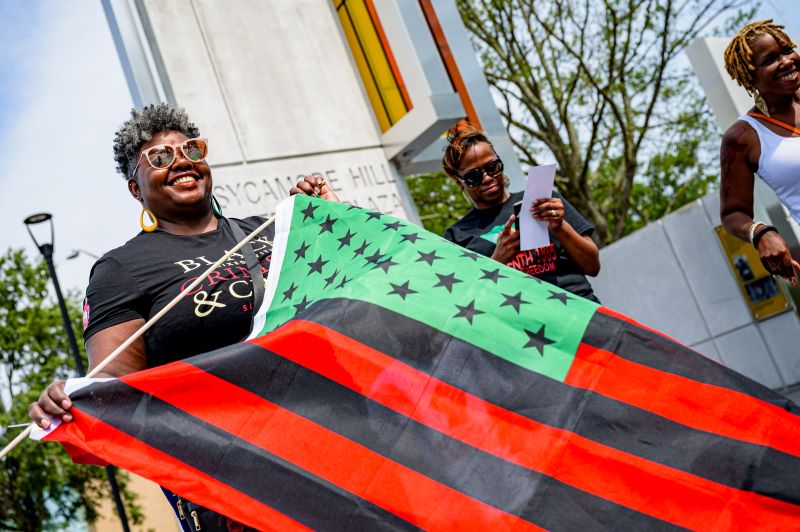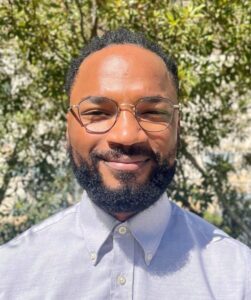June 15, 2023
True Freedom Means Black Power — And Black Judges
Associate Director of Chapters

As a proud Mississippian and a Black man, my connection to the state runs deep. However, I have not always felt that same love reciprocated. Growing up in a town near Money, Mississippi, where the tragic events surrounding Emmett Till unfolded, I witnessed the lingering presence of racism, stifling and thick. In the same state where Stokely Carmichael espoused "Black Power," I felt no such thing.
Despite encouragement from my family to pursue my dreams, the world around me often painted a different picture. It was easy to see the remnants of slavery in a state where physical labor is still primarily reserved for Black individuals and positions of power are predominantly held by white individuals. Still, I held onto the hope that things would change as I grew older. Academia, I believed, could be the promised land where equality and merit would prevail.
Within the walls of the University of Mississippi, the administration and others on campus challenged my optimism. During my first year, the Ku Klux Klan rioted on campus to protest President Obama's reelection. It was a stark reminder that hatred based on an immutable characteristic could manifest anywhere, including within academia. Such experiences weighed heavily on me.
During my time at Ole Miss Law, the absence of Black speakers and professionals among the invited judges, lawyers, and speakers was glaring. It felt like a deliberate exclusion of Black voices, leaving me questioning my place within the legal field. However, in my final year, I had the privilege of meeting a Black federal judge, Carlton Reeves. The encounter was an exhilarating experience, one that reaffirmed my belief in the power of representation. For the first time, I met a Black individual who possessed the authority to effect positive change in Mississippi, someone who understood the complexities of being Black and American.
While meeting Judge Reeves was a great and empowering moment, it also highlighted the scarcity of such individuals in positions of power. As of June 2023, Mississippi only has three Black federal district judges out of fifteen, despite being nearly 40% Black. Even President Biden's efforts to nominate Scott Colom, a highly qualified Black attorney, for the Northern District have faced obstacles due to opposition from a white Mississippi senator.
The situation at the state level is even more disheartening, with only one Black member in Mississippi's state executive branch and a solitary Black justice on the Mississippi Supreme Court. This disproportionate representation perpetuates a white chokehold on power, symbolized by recent legislation attempting to establish a racially segregated "special judicial district" in downtown Jackson.
Growing up as a Black American in Mississippi has been challenging, with racism often masquerading as heritage and systemic barriers hindering progress. The absence of proportional representation in positions of power is discouraging and perpetuates a sense of invisibility. While judges like Carlton Reeves offer hope and progress, we still have a long way to go.
I believe true freedom for Black Mississippians can only be realized when we see leaders who reflect our diversity in all levels of power, including federal and state courts. My sincere hope is that we can work together to overcome the remnants of slavery and systemic racism, ensuring that the promise of a truly inclusive Mississippi becomes a reality. And the words "Black Power" only invoke a world of black representation, not fear of superiority.
____________________
 Robert Williams is the Associate Director of Chapters at ACS.
Robert Williams is the Associate Director of Chapters at ACS.




